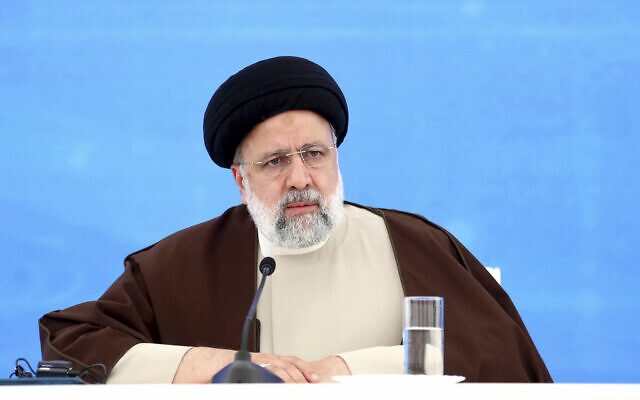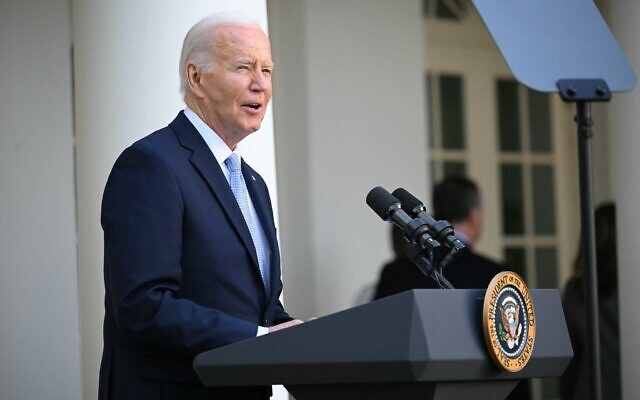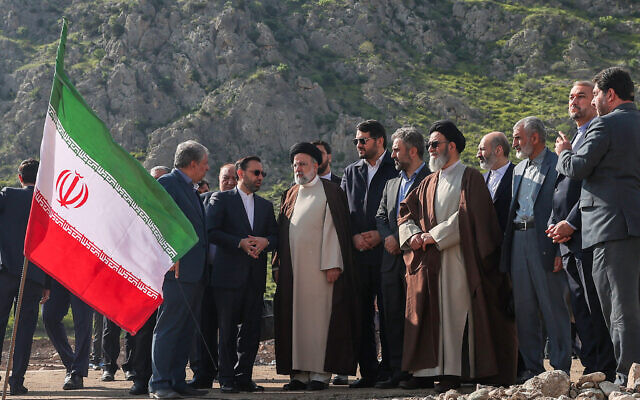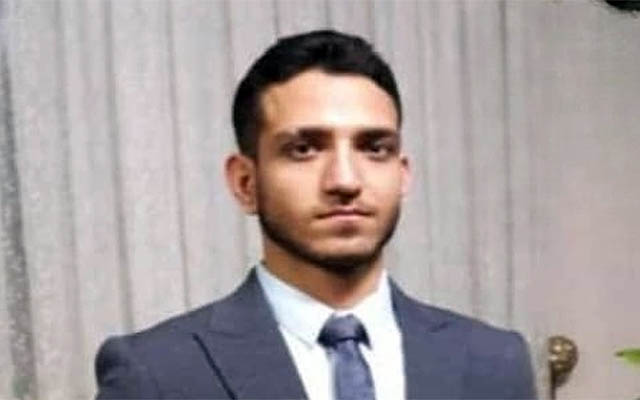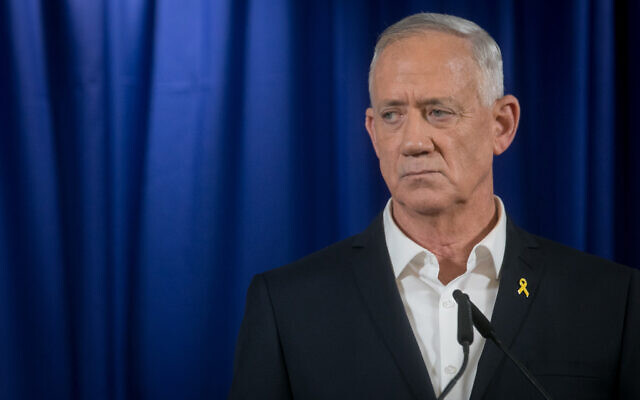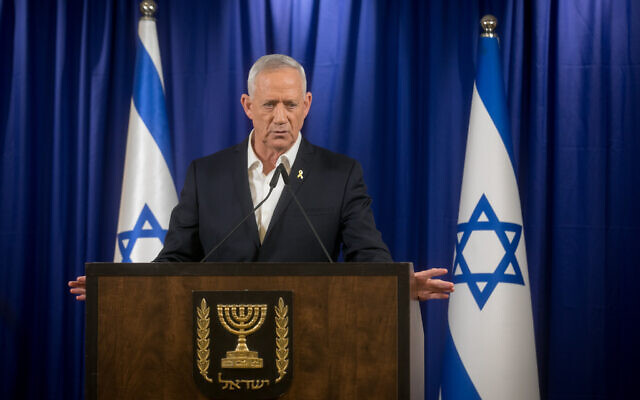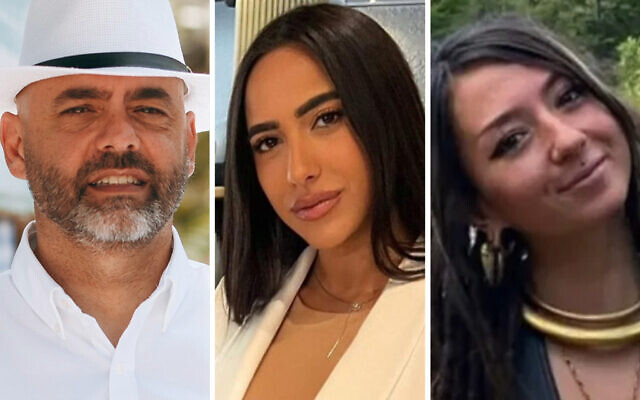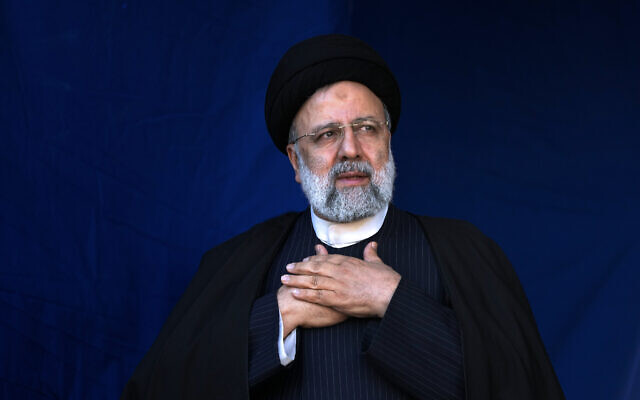Dore Gold: South Africa ‘ready to hear’ Israel’s arguments
After historic three-day visit, including a meeting with his counterpart, Foreign Ministry chief cautiously optimistic strained ties could improve
Raphael Ahren is a former diplomatic correspondent at The Times of Israel.

Israel and South Africa are taking slow but steady steps to improve bilateral cooperation, Foreign Ministry Director-General Dore Gold said Sunday, shortly after he returned from a three-day visit to the republic.
Gold’s trip to South Africa — whose government has been a vociferous critic of Jerusalem, and which is the birthplace of the Israel boycott movement — marked the first visit to the country by an Israeli diplomatic official of his rank in a decade.
A close confidant of Prime Minister Benjamin Netanyahu, Gold met with his counterpart in Pretoria, Jerry Matjila. He also visited the University of the Witwatersrand and Nelson Mandela’s home in Soweto and met with Christian and Jewish leaders.
“The meetings were a very important start. To say that we’re about to have a completely different relationship is premature. But there was a readiness to hear our arguments,” Gold told The Times of Israel. “There’s potential. Now, everything is in the follow-up.”
In his various meetings, he emphasized the fact that many Jews were involved in the ANC’s fight against the oppressive apartheid regime, in the hope that it would increase sympathy for the Jewish state.
“I said that we have to understand each other’s narratives,” Gold said, adding that he deliberately visited places where he could pay his respects to the country’s struggle against apartheid, like the Liliesleaf Farm, where Mandela hid and where 19 others were arrested by the South African authorities in 1963.
“It’s important for them; it’s important that I went there. It was to break ice, to acknowledge that they were freedom fighters in that period. And it was important for me to try and search for common ground.”
The fact that Israel supported the oppressive apartheid regime for decades “wasn’t brought up,” Gold said.
“We Jews understand implicitly the struggle for freedom which Nelson Mandela led here. For us, Zionism is the national liberation movement of the Jewish people,” he wrote in the guestbook at the Mandela House in Soweto.
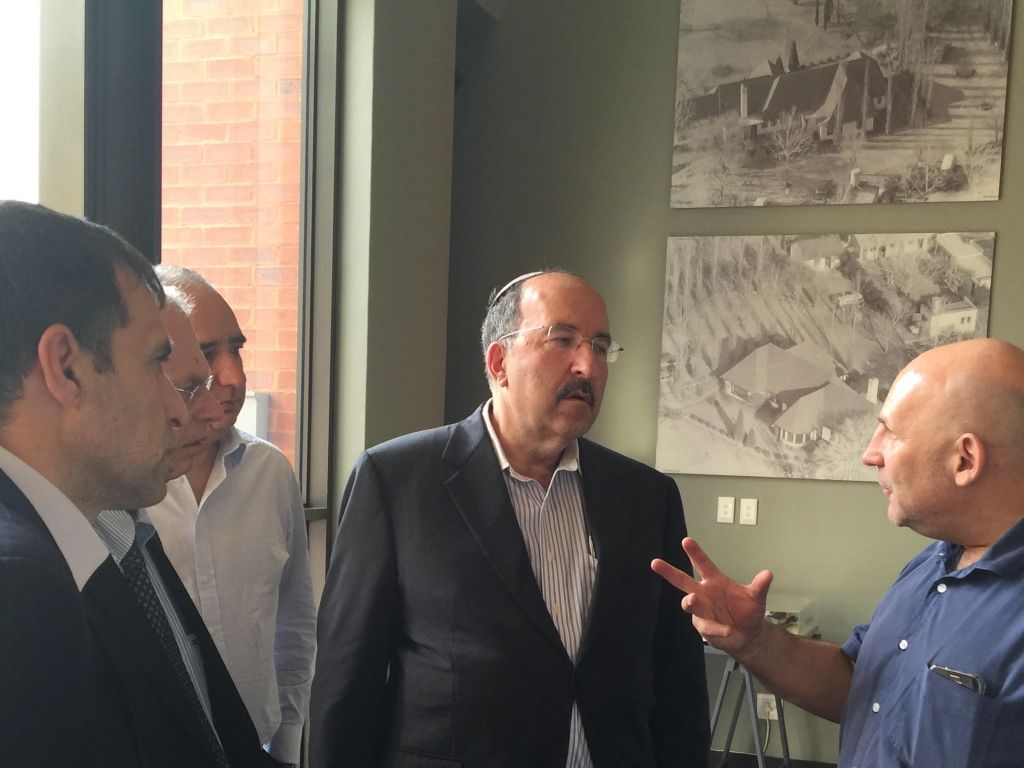
During his visit, the two sides agreed to strengthen cooperation in various fields important to South Africa’s national interests, such as water management, agriculture and technology.
“We have agreed to promote these issues in increased government-to-government dialogue, both in South Africa and Israel,” Israel’s ambassador to South Africa, Arthur Lenk, said. “I am hopeful that we will move forward this cooperation in the coming weeks and months.”
The South African Jewish Board of Deputies welcomed the two governments’ decision to cooperate in areas beneficial to the local population. “We encourage further cooperation in the future,” said Jeff Katz, the group’s chairman.
Local anti-Israel activists, however, demanded clarification and turned to the government.
“It was a consultation meeting and no agreements were signed. The meeting was taking place at an administrative level,” said Clayson Monyela, a spokesperson for South Africa’s Foreign Ministry.
“We have diplomatic relations with Israel, but that doesn’t mean we won’t support Palestine. South Africa has a big Jewish community and even some Christians go to Israel, which they see as holy ground. If we don’t have a relationship with Israel, who will take care of our people when they go there.”
Gold’s visit came amid a push by Netanyahu to cultivate closer relations with Africa.
“Israel is coming back to Africa; Africa is coming back to Israel. It’s happening in a big way,” the prime minister said last month during the launch of the Knesset’s new caucus for Israel-Africa relations. “It’s happening because it’s so clear that this is good for Africa and it’s good for Israel.”
Netanyahu announced a visit to several African countries this summer, in what would be the first trip to the continent by a sitting Israel prime minister in half a century. However, he is not expected to come to South Africa.
“Israel today is being well received in many parts of the Middle East, among the Sunni Arab countries,” Gold said. “So if Israel can go to the Persian Gulf, it can’t go to South Africa? I think the environment is changing already in many ways, and they recognize that.”
Relations between Jerusalem and Pretoria have been extremely tense over the latter’s criticism of Israeli policies vis-a-vis the Palestinians. In October, the African National Congress — the country’s ruling party — hosted a senior delegation of Hamas, leading Israel to express “shock and outrage.”

The ANC’s invitation to Hamas “provided a tailwind for terrorism and blatantly and crudely ignored the position of the international community, which considers Hamas a terror organization,” the Foreign Ministry fumed at the time.
Gold did not bring up the Hamas visit, he said. Instead, he sufficed with a general comment about the ANC having nothing to gain from associating itself with jihadist organizations, “because you come from completely different roots,” he said. “I wasn’t there to start recriminations. There weren’t either. We were looking for the future.”
Earlier this year, South Africa’s President Jacob Zuma, wearing his hat as ANC chief, confirmed the party’s longstanding ban on high-level visits to Israel. “We reiterate that we discourage travel to Israel for ANC leaders, members and representatives for business and leisure purposes,” he said during a January 8 speech.
But “that wasn’t what they said to me,” Gold told The Times of Israel about the ostensible travel ban. “I think they are open to developing a relationship. We just have to see where that goes.” Still, he was careful to not create expectations of a senior-level visit from Pretoria in Jerusalem any time soon. “I am not looking for direct reciprocity. What I am looking for is a way to move forward,” he said. “A number of projects were agreed upon. Let’s take one step at a time.”



